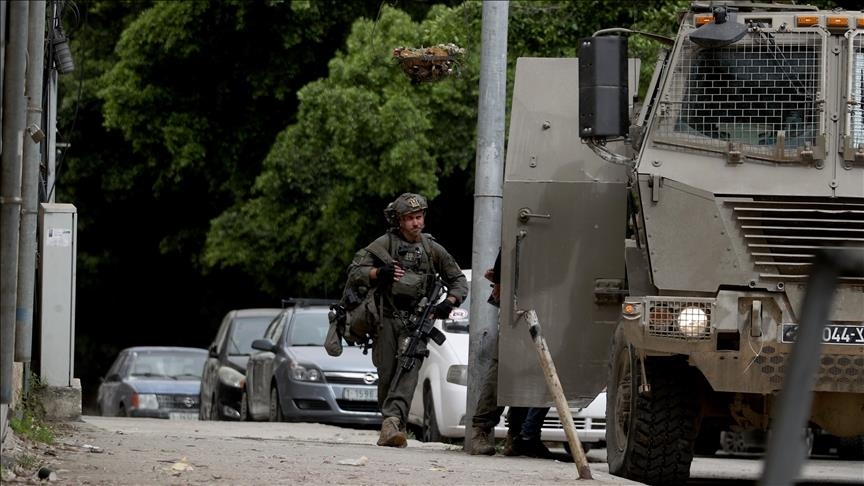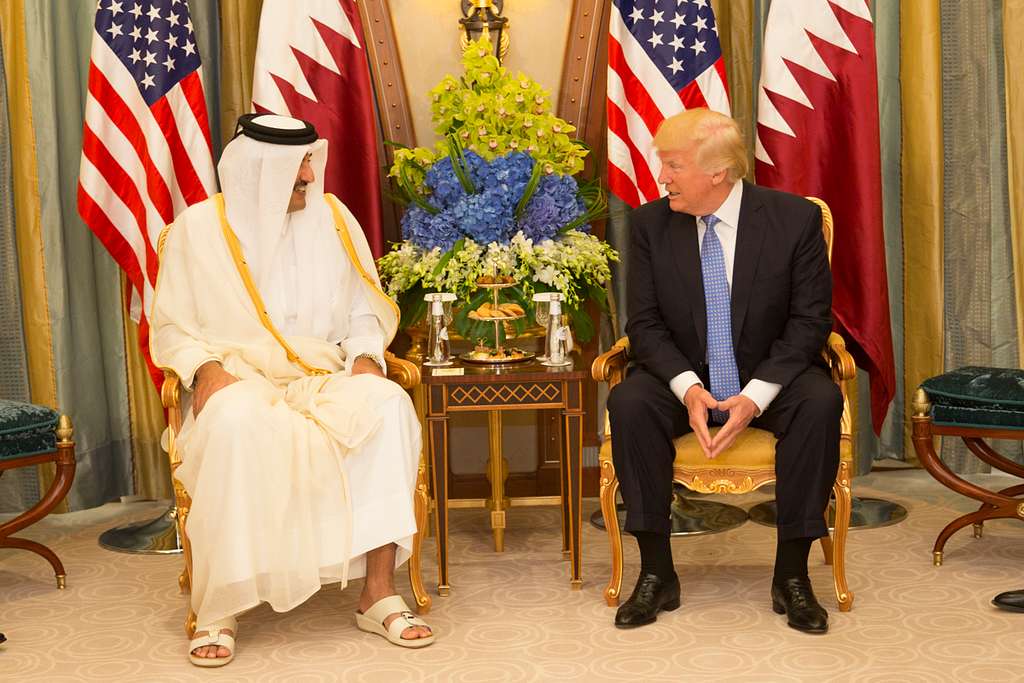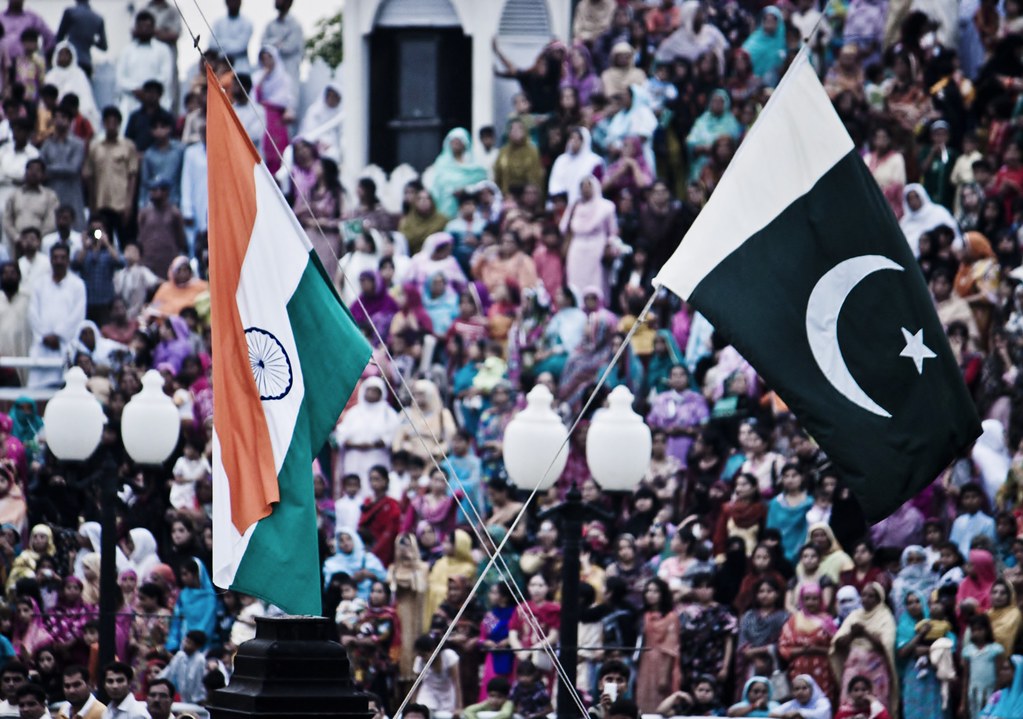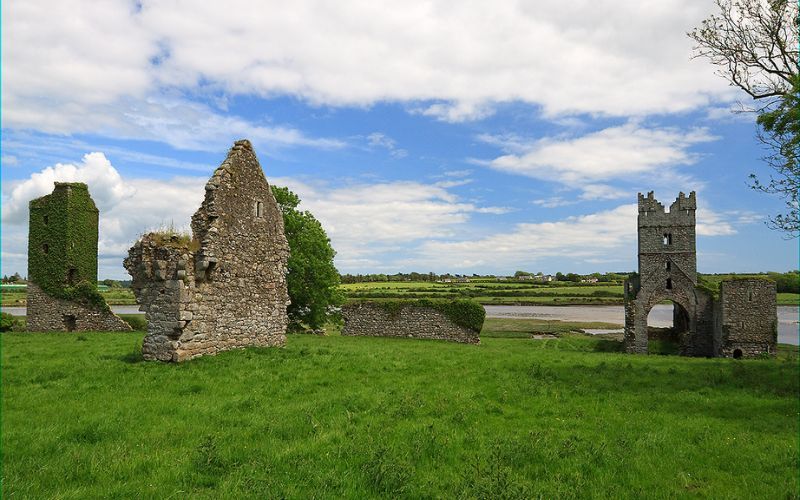The Arab slave trade spanned over a thousand years, crossed continents, and trafficked millions of human beings, yet it remains one of the least discussed atrocities in global history. The silence is not accidental. It is political. It is cultural. It is by design.
The trade began in the 7th century, shortly after the rise of Islam, and it continued well into the 20th and 21st. In some regions, slavery persisted in practice long after formal abolition, countries like Mauritania, Sudan, Yemen, and others only outlawed slavery on paper late in the 20th century.
True abolition was uneven, incomplete, or actively resisted, leaving millions trapped in servitude despite changing laws. It stretched from the Swahili Coast to the Persian Gulf, from the Horn of Africa to the Indian subcontinent. Unlike the transatlantic slave trade, which has been heavily documented, condemned, and taught in schools worldwide, the Arab slave trade occupies a shadowy space in public memory. It is buried beneath layers of religious reverence, regional pride, and postcolonial deflection.
Millions of Africans were taken from the interior of the continent, marched in chains through deserts, and sold in markets from Cairo to Baghdad. Many never survived the journey. Those who did faced domestic servitude, concubinage, military conscription, and cultural erasure. In contrast to the plantation slavery of the Americas, the Arab slave system was often intimate, but no less brutal. Women were taken as concubines in harems. Boys were castrated to serve as eunuchs. Both were stripped not just of freedom, but of identity.
The castration of enslaved boys was widespread, with survival rates during the operation estimated to be less than 10 percent. This practice was so central that eunuchs became status symbols in courts and households. The psychological and physical violence was staggering. These were not incidental atrocities. They were institutional. Systemic. Justified by prevailing interpretations of religion, law, and social order.
Slavery was not unique to Arabs, nor to Muslims, but the scale and duration of this particular trade demands attention. Over thirteen centuries, conservative estimates suggest as many as 17 million people were enslaved. Some scholars argue the number is far higher. And yet, there is no global remembrance day. No major museums. No reparations. No acknowledgment from most modern Arab states. There is not just denial, but active suppression of discourse, with governments targeting activists and journalists who try to document these abuses.
Why the silence? Part of it is geopolitical. In the era of Western imperialism, Arab societies became defensive about their histories, resisting what they saw as moral lectures from European colonizers. Criticism of slavery was dismissed as hypocrisy from nations that had only recently abolished it. That defensiveness calcified into denial.
There is also the uncomfortable intersection with religion. While Islamic law provided some protections for slaves, it did not abolish the institution. In fact, slavery was normalized through legal schools of thought and practiced by revered empires like the Abbasids and Ottomans. Acknowledging this history raises questions that many prefer to avoid. Rather than confront the past, the impulse has been to edit it.
Modern anti-Blackness in many Arab societies is not separate from this legacy. It is a continuation of the racial hierarchies forged over centuries of enslavement. In countries like Mauritania and Sudan, hereditary slavery is ongoing today. In Mauritania, Sudan, and elsewhere, people are still born into servitude, despite official bans. Current anti-slavery movements face enormous legal, political, and cultural obstacles, with governments denying the problem, persecuting activists, and clinging to social hierarchies that maintain bondage.
In Libya, in the wake of NATO’s intervention and the collapse of state control, slave markets reemerged in the open. African migrants were captured, sold, and tortured. These markets are not isolated incidents—forced labor, human trafficking, and even hereditary slavery still exist today, especially targeting migrants and Black populations in several Arab states. The world reacted with momentary outrage, then moved on.
In many Arab countries, Afro-descendant populations face systemic discrimination, social exclusion, and erasure. Their stories are rarely told. Their histories are unacknowledged. The silence is not merely academic. It is political. It protects hierarchies. It shields national myths. It avoids accountability.
The erasure is also compounded by the West’s selective memory. Western narratives often paint Arabs as either victims of empire or vectors of terrorism. They rarely deal with Arab complicity in historical systems of oppression. The transatlantic slave trade rightly dominates our understanding of racial capitalism, but it does so in a way that sometimes obscures the global nature of slavery. We have constructed a framework where white guilt is marketable, but non-Western accountability is untouchable.
The solution is not to pit slave trades against one another. It is to tell the whole truth. To acknowledge that the machinery of human bondage was global, and that suffering transcended continents and religions. We must break the monopoly of memory. The African diaspora is not limited to Brazil, the Caribbean, or the United States. It includes Iraq, Iran, the Gulf, and North Africa. Their descendants deserve recognition.
The Arab slave trade was not an aberration. It was a system—so deeply entrenched that formal abolition did not dismantle the social and economic structures it created. Many of those structures persist in new forms today. A structure. A centuries-long institution that shaped cultures, economies, and prejudices. The fact that it remains largely unspoken is not a reflection of its insignificance, but of the power structures that benefit from its burial.
Until we are ready to confront it with the same clarity and moral urgency we apply elsewhere, history will remain a curated illusion. And the victims of one of the world’s longest-running atrocities will remain unheard, ungrieved, and unseen.
Author
Discover more from The Crustian Daily
Subscribe to get the latest posts sent to your email.













